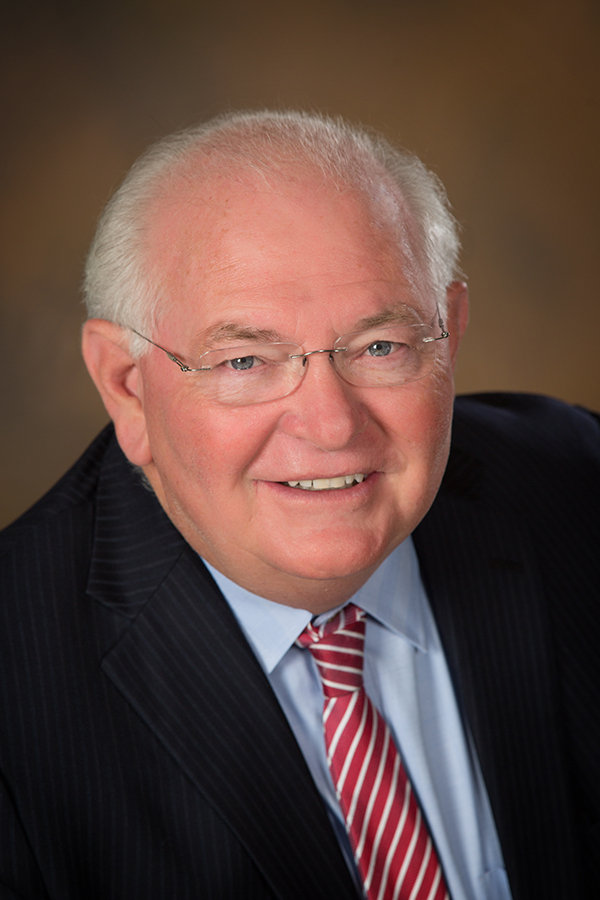Tag: florida and education reform

Deregulation offered to help Florida district schools compete in era of expanded education choice
When Florida lawmakers debated HB 1 earlier this year, the discussion largely focused on how the legislation would dramatically expand education choice through universal eligibility and flexible spending options for families. Another part of the bill inspired far less discussion but got the attention of school district leaders across the... READ MOREHow Florida can make its public schools open to all students
Christina Sheffield’s son, Graham, was soaring ahead of classmates. She...
READ MORECommentary: Pennsylvania should look to ed choice states like Florida to fix its broken education system
Editor’s note: This commentary by Mark LeBlond, policy director of...
READ MOREFlorida Tax Credit Scholarship student has heart set on becoming a doctor
MIAMI – Nery Perez-Valdes wanted to become a doctor, but life...
READ MOREpodcastED: ‘Multiple choice’ Florida mom grateful for K-12 scholarship, robust education choice laws
On this episode, reimaginED senior writer Lisa Buie talks with...
READ MOREReligious virtual schools in Florida hoping to reap benefits of HB1
When Florida Gov. Ron DeSantis signed HB 1 into law,...
READ MORECharter company taking over struggling Florida middle school named state School of Hope operator
When the doors of the former Warrington Middle School open...
READ MOREHow education choice scholarship moved Florida student’s life from chaos to calm
PINELLAS PARK – David Facey remembers sitting in his Language Arts...
READ MORESouth Florida parents’ entrepreneurship now offering Jewish students with unique abilities opportunity to shine
Like many worthy endeavors, it started with two determined moms....
READ MORELong bus ride worth chance for Catholic school education
PALM COAST – Every school day at 7 a.m., a small...
READ MOREpodcastED: Florida Virtual School manager hopes new courses will teach students to embrace AI
On this episode, reimaginED senior writer Lisa Buie talks with...
READ MORE

